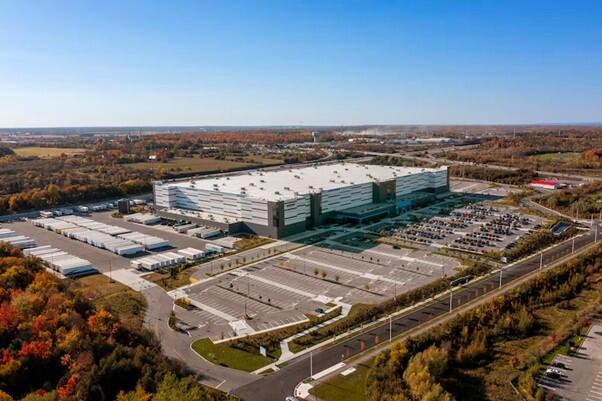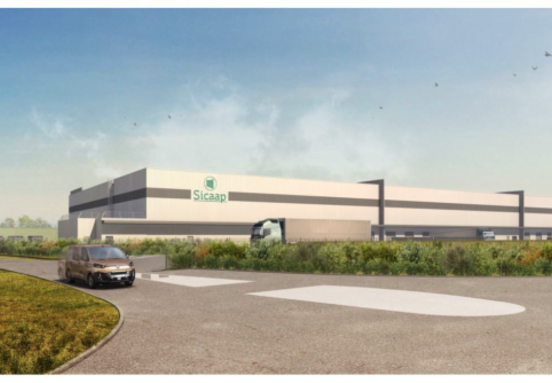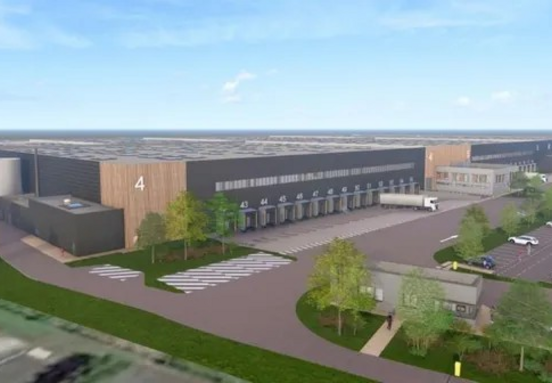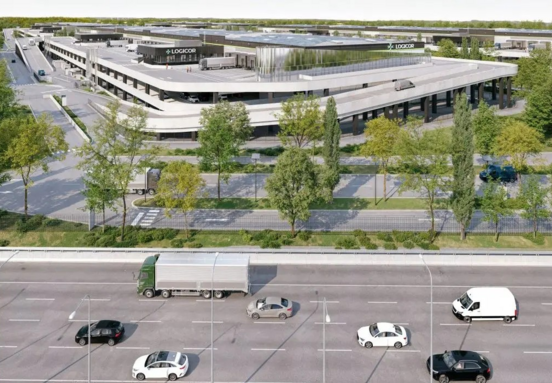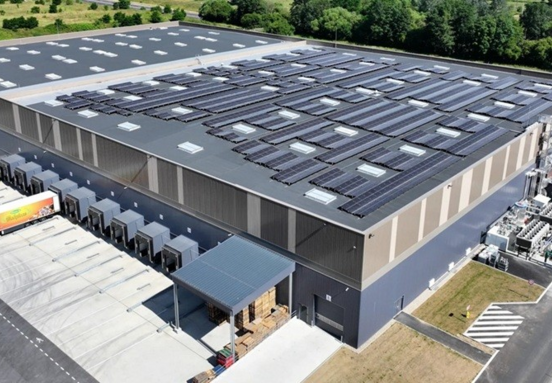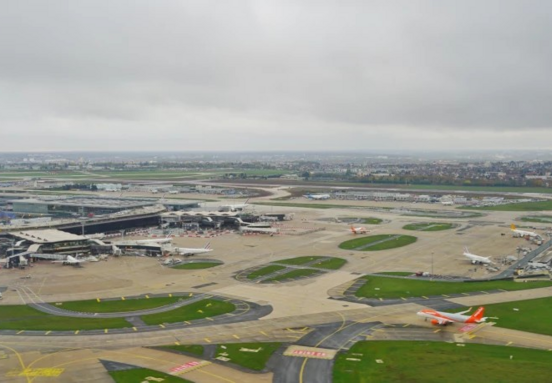Here are some of the reasons why flexibility is so important when designing a rental warehouse:
Adaptability to business changes: Businesses can evolve quickly, and it's important that their storage space can evolve with them. By having a flexible design, rental warehouse owners can respond quickly to the changing demands of tenants and adapt their storage space to meet their needs.
Optimising space: A flexible design allows available space to be maximised by using modular storage solutions. Mobile shelving, height-adjustable racks and modular pallets are all solutions that can be adapted to suit the space available and the needs of tenants.
Reduced costs: Flexibility also reduces the costs associated with occupying space. Modular spaces can be configured and reconfigured quickly and easily, avoiding the costs associated with installing new equipment or modifying the structure of the building.
Versatility: Flexibility also means that a warehouse can be used for a wide variety of purposes. Tenants may have different needs when it comes to storage space, and a flexible design allows all these needs to be met.
Better use of space: By having a flexible design, owners can ensure that storage space is used optimally. Tenants can use the storage space for different types of goods or products, maximising the use of the space.
In conclusion, flexibility is an essential element in the design of a rented warehouse. Businesses evolve rapidly, and a storage space must be able to adapt to these changes to be efficient and profitable. Owners of rental warehouses should therefore design their space with flexibility and modularity in mind, to meet the changing needs of tenants.
